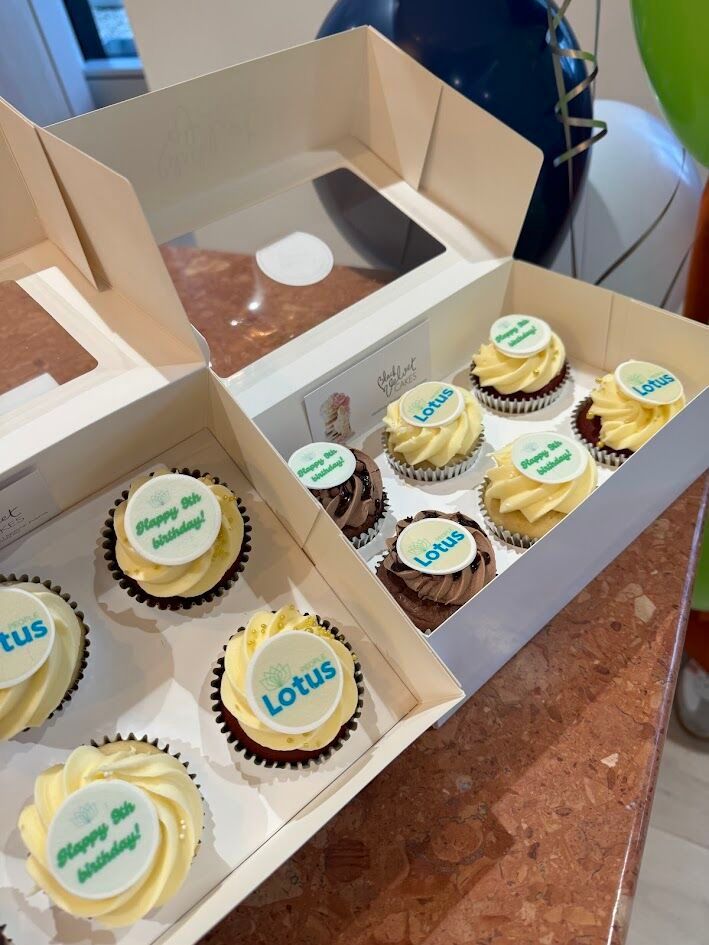Market Insights: Blogs

If you’ve found yourself thinking, “I hate my job,” lately, you might be unsure about what’s behind it, or what to do next. Maybe it’s creeping Sunday night dread. Maybe your role hasn’t evolved, but your priorities have. Or maybe the work’s become repetitive, or the culture has shifted in a way that doesn’t align with you. Whatever the reason, something just isn’t sitting right—and that’s worth paying attention to. We get it. As recruiters, we hear this all the time from people who are feeling unsettled and unsure of their next step. But before you hand in your resignation or start firing off job applications, it’s worth taking a pause and looking at what’s really causing that feeling. Here’s what we’d recommend before making any big decisions:

As we approach 2025, keeping employees happy and engaged remains a critical priority for organisations across all sectors. A happy workforce is more productive, innovative, and loyal, and with the ongoing evolution of workplace dynamics, strategies that worked in 2024 must now adapt to meet the challenges ahead. This blog explores actionable strategies to ensure your employees remain satisfied, motivated, and ready to thrive in 2025.

At Lotus People, innovation is one of our core values. We embody a continuous improvement mindset, focusing on growth both as individuals and as a business. Our industry-leading tech stack is a cornerstone of our success, enhancing our productivity, streamlining recruitment processes, and enabling us to engage the best talent in the market. Here are some of the tech platforms we couldn’t live without:

Diversity, Equity & Inclusion (DEI) refers to the policies and practices aimed at creating a fair, welcoming, and respectful work environment where every individual has equal opportunities. A strong DEI policy is integral to enhancing employee satisfaction and well-being, increasing retention, and attracting top talent. Developing an inclusive hiring strategy is crucial not only for strengthening your employer brand from an ethical standpoint but also ensuring your organisation is able to attract and build a diverse and dynamic workforce. Below we’ve outlined six ways you can refine your organisation’s recruitment strategy to be more inclusive and create a thriving, diverse workplace.

You may have heard the term “Right to Disconnect” in the news recently, or mentioned on an episode of ABC’s ‘Q&A’, but what is it? And why is everyone talking about it suddenly? What exactly is the ‘Right to Disconnect’? The ‘right to disconnect’ has been making waves globally, and now Australia is catching up. Starting August 26, 2024 (for non-small business employers), eligible employees will have a legal ‘right to disconnect’ outside of their standard working hours. This means they can ignore work related calls, emails and messages once they’re off the clock, unless there is a good reason for them not to. The policy is about giving employees the power to set boundaries and to step away from work communications after hours without fearing negative consequences. So, when the workday is done, they can truly switch off.

Amongst moving offices, welcoming new faces, celebrating birthdays, engagements and a LP baby being born ( congrats again, Lana!), we are also marking 9 years since Lotus People was first set up! As the team and I celebrate a new office chapter, I am also taking some time to reflect on the last nine years. It’s been a journey filled with amazing people, tonnes of lessons , lots of personal growth and so. much. fun. Nine years is a long time to do anything and it would be highly unusual if I hadn’t picked up some wisdom and lessons along the way. There has been much to navigate and learn, but let’s stick with 9 for now, for obvious reasons!






